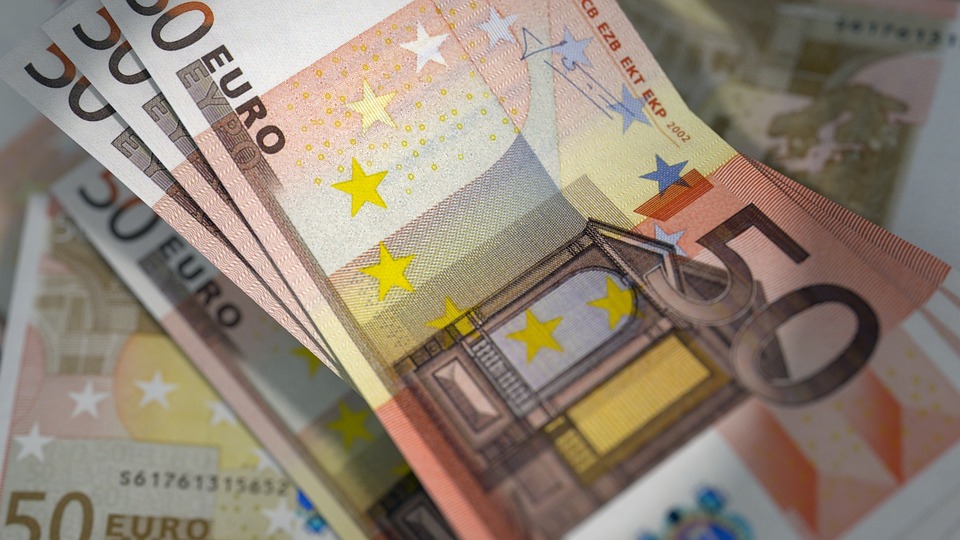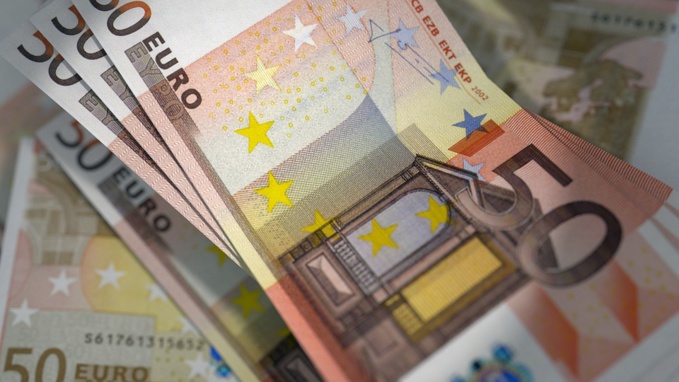Mostly, the euro lost ground in the structure of the issue of international bonds in foreign currency (minus 4.4% to 20.4% in the global structure). The increased cost of "synthetic" dollar borrowing has led to less active use of the euro as a funding currency for borrowing US dollars in the international debt market, despite record low interest rates in the euro area. In addition, the growth in the issuance of foreign currency debt by developing countries contributed to the reduction in the share of the euro after the onset of the global financial crisis. In 2016, the proportion of euro-denominated debt obligations on debt securities (-0.4%, to 22%) and international loans outstanding (-0.2%, to 21.3%) was reduced, as well as the volume of export of eurobanks out of the euro area. Foreign investors got rid of € 192 billion in eurobonds because of low, and in some cases negative, rates.
After six years of decline, the share of the European currency increased insignificantly in the structure of international foreign exchange reserves (by 0.3% in annual terms, to 19.7%), although it remains almost 2% below the pre-crisis level (taking into account exchange rate fluctuations). According to the ECB, this could indirectly indicate the stability of the euro as a means of saving for various shocks in financial markets. The US dollar’s share the in foreign exchange reserves in 2016 decreased by 1 percentage point (subsection) to 64%, which is 5% less than in 2008. After a three-year downturn, the euro also improved its performance in international payments - the share of currency use grew by 2% in annual terms and reached 31.3%, the dollar's share decreased by 1 percentage point to 42%.
Thus, despite the negative statistics, the euro remains the second most important currency in the international monetary system, although it is considerably behind the US dollar in terms of key indicators, the ECB notes.
source: ft.com
After six years of decline, the share of the European currency increased insignificantly in the structure of international foreign exchange reserves (by 0.3% in annual terms, to 19.7%), although it remains almost 2% below the pre-crisis level (taking into account exchange rate fluctuations). According to the ECB, this could indirectly indicate the stability of the euro as a means of saving for various shocks in financial markets. The US dollar’s share the in foreign exchange reserves in 2016 decreased by 1 percentage point (subsection) to 64%, which is 5% less than in 2008. After a three-year downturn, the euro also improved its performance in international payments - the share of currency use grew by 2% in annual terms and reached 31.3%, the dollar's share decreased by 1 percentage point to 42%.
Thus, despite the negative statistics, the euro remains the second most important currency in the international monetary system, although it is considerably behind the US dollar in terms of key indicators, the ECB notes.
source: ft.com



















